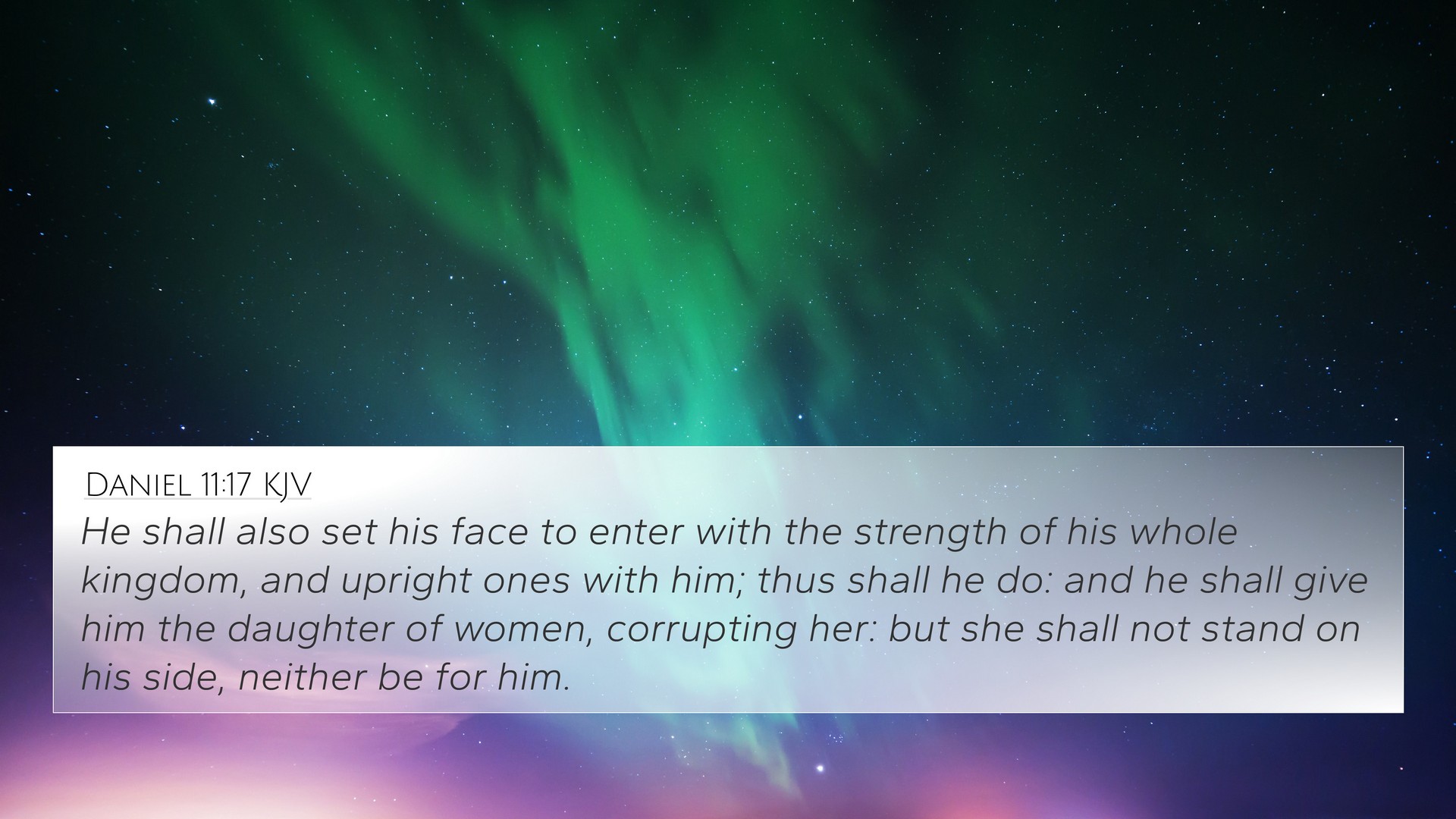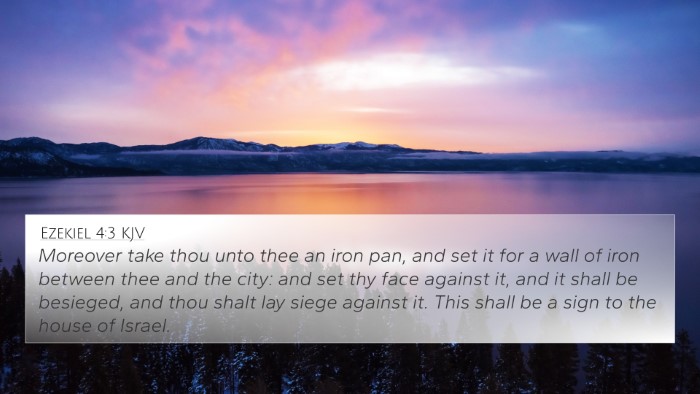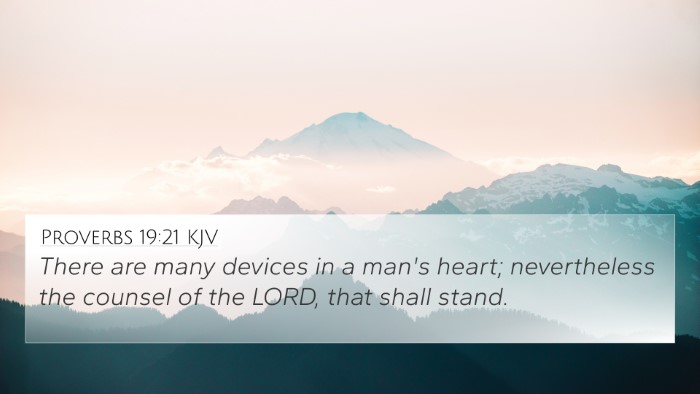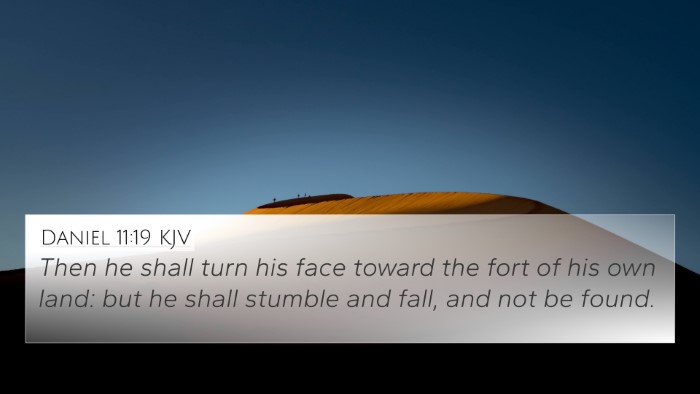Summary of Daniel 11:17
Daniel 11:17 holds significant insights within the prophetic narrative of the Book of Daniel, detailing the geopolitical affairs during the time of the Seleucid and Ptolemaic kingdoms. This verse illustrates a strategic marital alliance intended to manipulate power dynamics, reflecting both political maneuvering and spiritual implications of alliances.
The verse states:
"He shall also set his face to enter with the strength of his whole kingdom, and upright ones with him; thus shall he do: and he shall give him the daughter of women, corrupting her: but she shall not stand on his side, neither be for him." (Daniel 11:17)
Interpretative Insights:
-
Political Alliances:
The verse emphasizes the strategy behind political marriages in the ancient world as a vital method for forming alliances. According to Matthew Henry, this reflects how rulers attempted to secure peace or gain advantages through the union of families.
-
The Downfall of Trust:
The failure of the alliance, as suggested in the latter part of the verse, highlights the inevitability of betrayal. Albert Barnes interprets this as a foreshadowing of the instability of such relationships in political history.
-
The Role of Women:
The mention of "the daughter of women" in this context serves as a metaphor for beauty and the complexities involved in her role within political schemes. Adam Clarke notes that her failure to support her husband reveals the limits of human effort in achieving political objectives.
-
Spiritual Corruption:
This verse not only presents political aspects but also serves as a warning against moral compromise. The corrupting influence of political maneuvers on moral values is a recurring theme in biblical texts.
-
Prophetic Fulfillment:
Matthew Henry suggests that this passage serves as an example of the broader prophetic themes in Daniel about the rise and fall of kingdoms, illustrating God's sovereignty over human affairs.
Cross References:
- Isaiah 28:15 - The making of alliances to escape judgment.
- Proverbs 1:10-15 - The dangers of being misled by enticement.
- Jeremiah 17:5 - The curse of trusting in man and not in God.
- 2 Corinthians 6:14 - Being unequally yoked, which warns against inappropriate alliances.
- Revelation 17:12-14 - The political alliances in the end times and their ultimate failure.
- Ezra 1:1 - God's control over the hearts of kings, for fulfillment of prophecy.
- 1 Samuel 18:20 - The dangers of political marriages in the context of David and Michal.
Conclusion:
Daniel 11:17, therefore, is rich in themes of political maneuvering, moral implications, betrayal, and the prophetic assurance of God's sovereign control. The interpretative insights derived from it emphasize how historical events resonate with spiritual truths, making it a relevant study for understanding broader biblical narratives.
For those seeking to delve deeper into the connections between Bible verses, Daniel 11:17 serves as a pivotal point for comparative biblical verse analysis. The themes presented here can be cross-referenced with other scriptures to provide a comprehensive understanding of the impact of political alliances throughout biblical history.
















